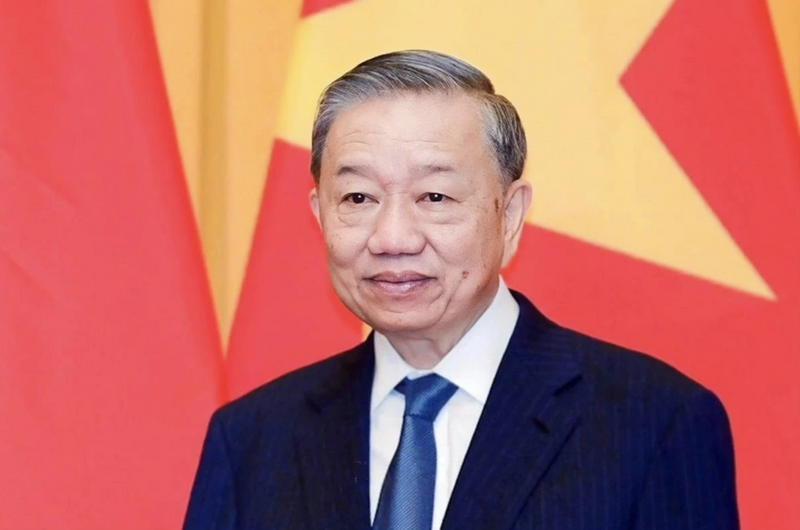
General Secretary To Lam to attend inaugural Gaza Peace Council meeting in US
19:05 | 23/03/2025 14:58 | 17/02/2026News and Events
In a world economy marked by geopolitical tensions, supply chain disruptions and growing pressure for green transformation, Vietnam continues to affirm its position as a stable and reliable destination for European investors. The latest BCI results, announced by EuroCham on October 14, recorded 66.5 points, the highest figure since 2022.
Vietnam remains a firm pillar for European investment
The global trade landscape is changing more rapidly than ever. As the United States implements new tariff measures and international supply chains are being restructured, 31% of surveyed enterprises said they are experiencing negative impacts on their financial performance, more than double compared to 15% in the second quarter of 2025.
At the same time, the proportion of businesses reporting positive impacts also increased, from 5 to 9%, showing that new opportunities are emerging for companies that can flexibly adapt to the global trade reconfiguration.

The Business Confidence Index (BCI) of the European Chamber of Commerce in Vietnam (EuroCham) for the third quarter of 2025 has reached its highest level in 3 years.
Despite these fluctuations, the trend of relocating supply chains out of Vietnam remains very limited, with only about 3% of enterprises considering adjustments outside the country. This once again confirms Vietnam’s reputation as a reliable and sustainable manufacturing and investment hub in the region.
Thue Quist Thomsen, CEO of Decision Lab, noted: “68% expect economic stabilisation and improvement in the next quarter, up 18 percentage points since Q2 2025, a clear indication that businesses are expecting to close the year on a stronger footing”.
However, administrative efficiency continues to pose challenges for European investors. Complicated tax refund procedures and inconsistent implementation of labor permit regulations across localities remain obstacles that affect business operations. Nevertheless, a significant improvement has been recorded since August 2025, when the Government issued three new decrees to modernize visa and work permit regulations, aiming to build a transparent, consistent and predictable business environment.
Decree No. 219 authorizes local governments to issue work permits, allows online submission of documents, reduces experience requirements for specialists in new key industries, and expands exemptions for foreign workers. Decree No. 221 introduces a temporary visa waiver for selected groups of foreigners who make positive contributions to Vietnam’s socio-economic development. Meanwhile, Decree No. 229 expands visa exemption to 18 European Union member states, promoting stronger people-to-people and business ties between Vietnam and Europe.
According to the BCI survey, 48% of businesses said these policy reforms have had a positive impact on their operations. The new decrees mark an important step toward a more open and business-friendly environment, in line with long-term recommendations repeatedly raised by EuroCham in its annual Whitebook.
Chairman Jaspaert emphasised: “As Vietnam aspires to become a high-income, developed nation within the next two decades, talent mobility and skills transfer must be placed at the heart of this journey. These reforms are critical to ensuring that international expertise can flow freely to where it is most needed, unlocking innovation and strengthening Vietnam’s private-sector capacity.”
Green transition: From vision to action
The European Union’s Deforestation Regulation (EUDR), scheduled to take effect in 2026, is creating notable changes in export practices. In response, many companies are reviewing their supply chains to ensure transparency, traceability and sustainability.
According to EuroCham’s latest survey, more than one-third of European businesses in Vietnam are studying the new EUDR requirements, while about 11% have begun adjusting their procurement processes to comply with EU sustainability standards. This marks an important transition that could reshape global value chains in manufacturing, agriculture and forestry towards greater transparency and accountability.
In Vietnam, awareness of sustainable growth is rising. The level of understanding about the National Green Growth Strategy for the 2021 - 2030 period has reached 43%, while about one in five businesses are already taking part in or benefiting from programs promoting energy efficiency and innovation. These figures show that the “green shift” is expanding across both foreign-invested and domestic enterprises.
On the financial front, the green economy is emerging as a new driver of growth. At the Global Gateway Forum 2025 held in Brussels on October 9, European Commissioner Jozef Síkela met with Vietnamese Deputy Prime Minister Bùi Thanh Sơn to reaffirm the EU’s commitment to Vietnam’s green transition. Through the Just Energy Transition Partnership (JETP), Team Europe has pledged 2.8 billion euros to help Vietnam cut emissions, boost renewable energy and modernize the national grid.
In addition, the Global Gateway initiative, aiming to mobilize 300 billion euros by 2027, is directing investment flows into clean energy, transport and digital infrastructure across Asia, identifying Vietnam as a key partner.
At the business level, around one-fourth of European enterprises in Vietnam have implemented green initiatives over the past two years. The most common measures include ESG reporting and certification, digital monitoring for energy efficiency, and waste reduction programs. Circular economy models are also being expanded, with 37% of companies piloting projects to reduce or offset carbon emissions.
However, the use of renewable energy remains limited due to inadequate grid infrastructure and difficulties in accessing the Direct Power Purchase Agreement (DPPA) mechanism. Despite these challenges, the benefits of green transformation are becoming clearer: 42% of businesses reported improved brand reputation and customer trust; 39% achieved higher operational efficiency; and 32% gained measurable financial returns.
Chairman Bruno Jaspaert stressed that sustainability is no longer merely a compliance requirement but has become a new engine of competitiveness.
This shift in perception reflects the shared priorities of both the EU and Vietnam, fostering economic growth while preserving the planet’s limited natural resources.
Through ongoing initiatives such as the Whitebook, the Business Confidence Index, and the upcoming Green Economy Forum 2025 to be held in Hanoi on November 27, EuroCham continues to act as a bridge connecting the Government, the business community, and civil society, advancing Vietnam’s journey toward a sustainable and inclusive future.

19:05 | 23/03/2025 14:58 | 17/02/2026News and Events
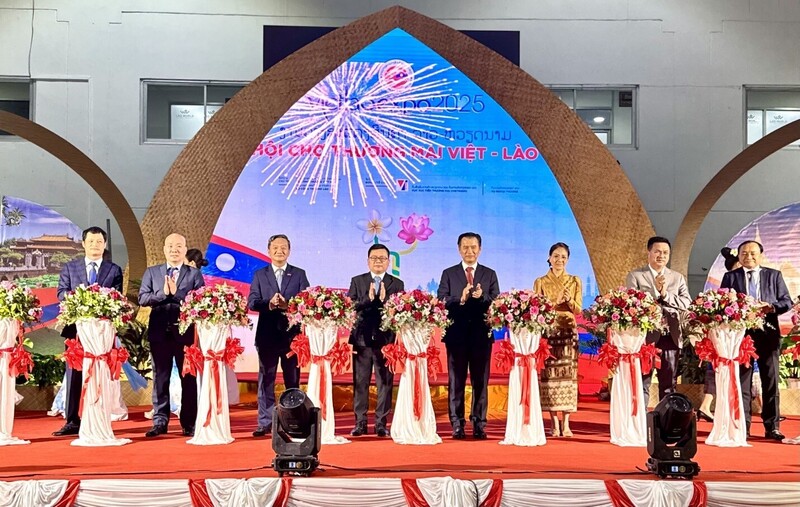
19:05 | 23/03/2025 14:56 | 17/02/2026Trade
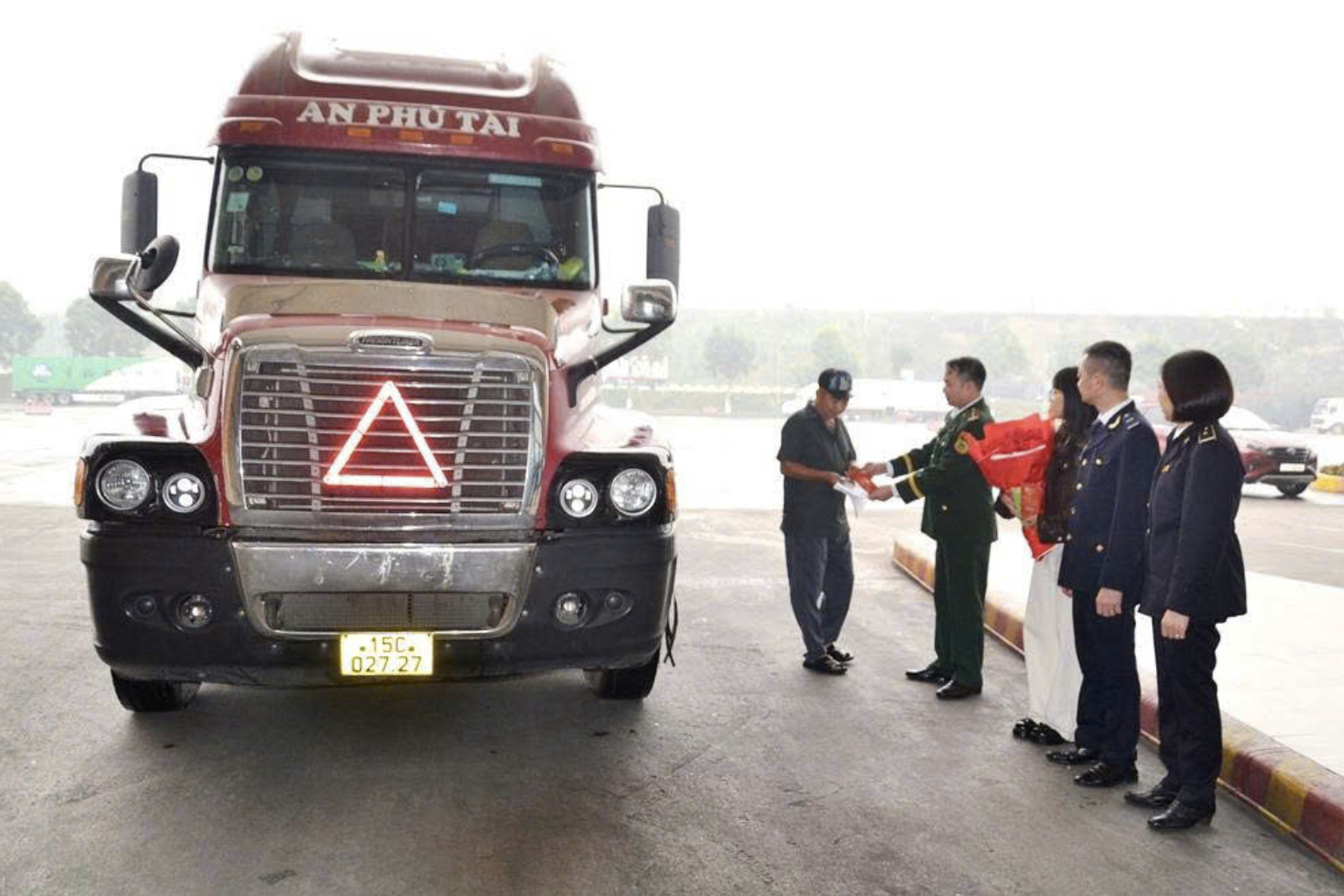
19:05 | 23/03/2025 14:55 | 17/02/2026News and Events
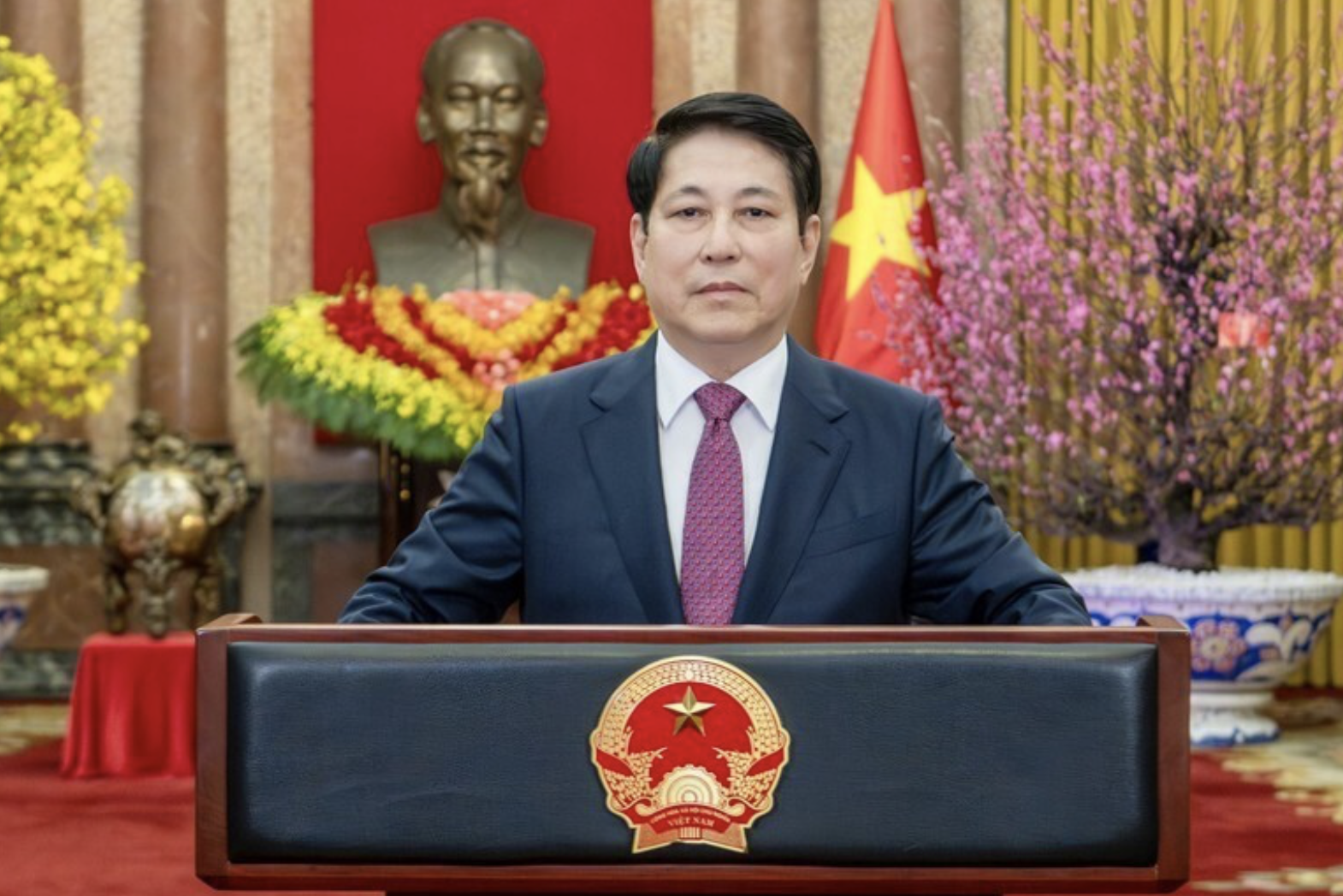
19:05 | 23/03/2025 00:12 | 17/02/2026News and Events
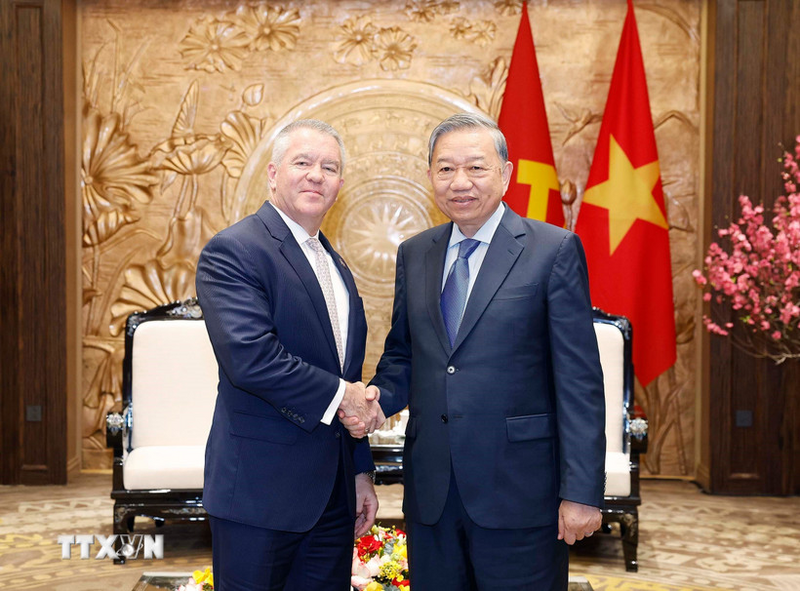
19:05 | 23/03/2025 08:30 | 15/02/2026News and Events